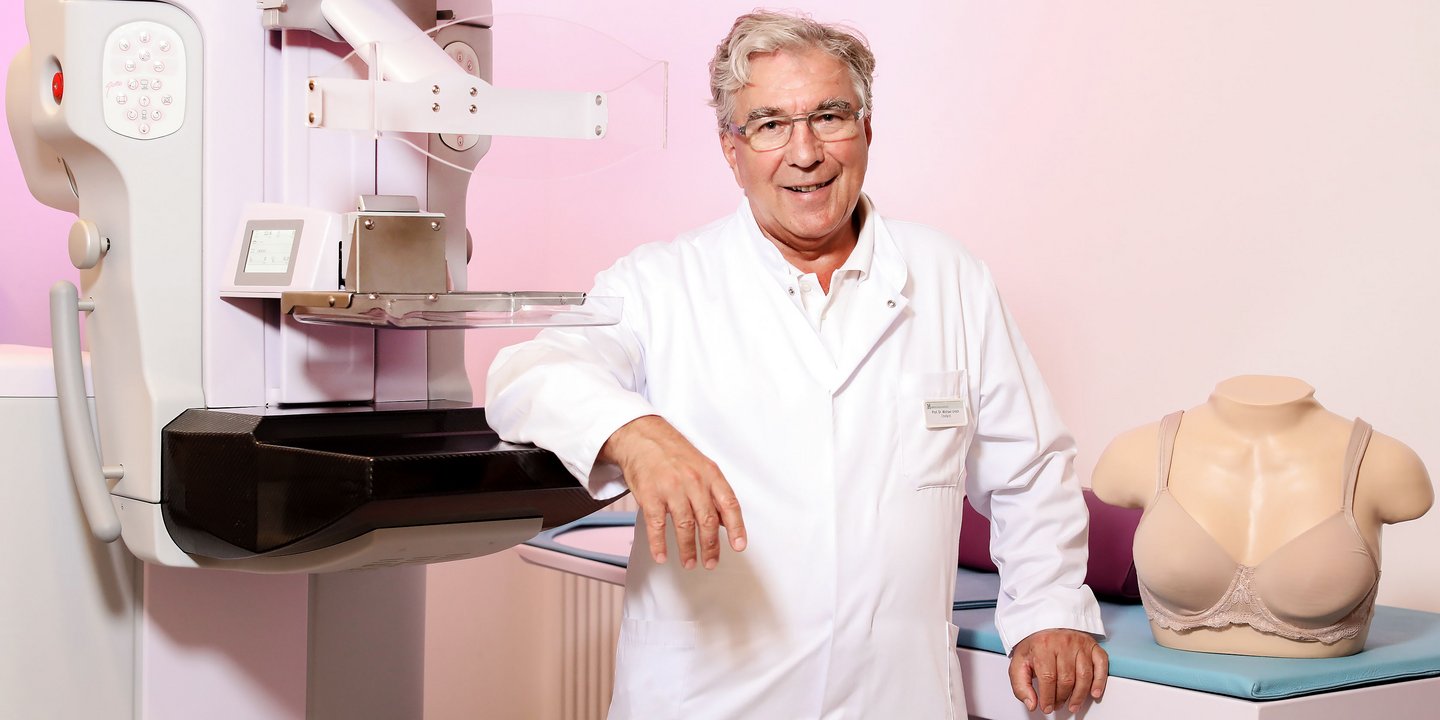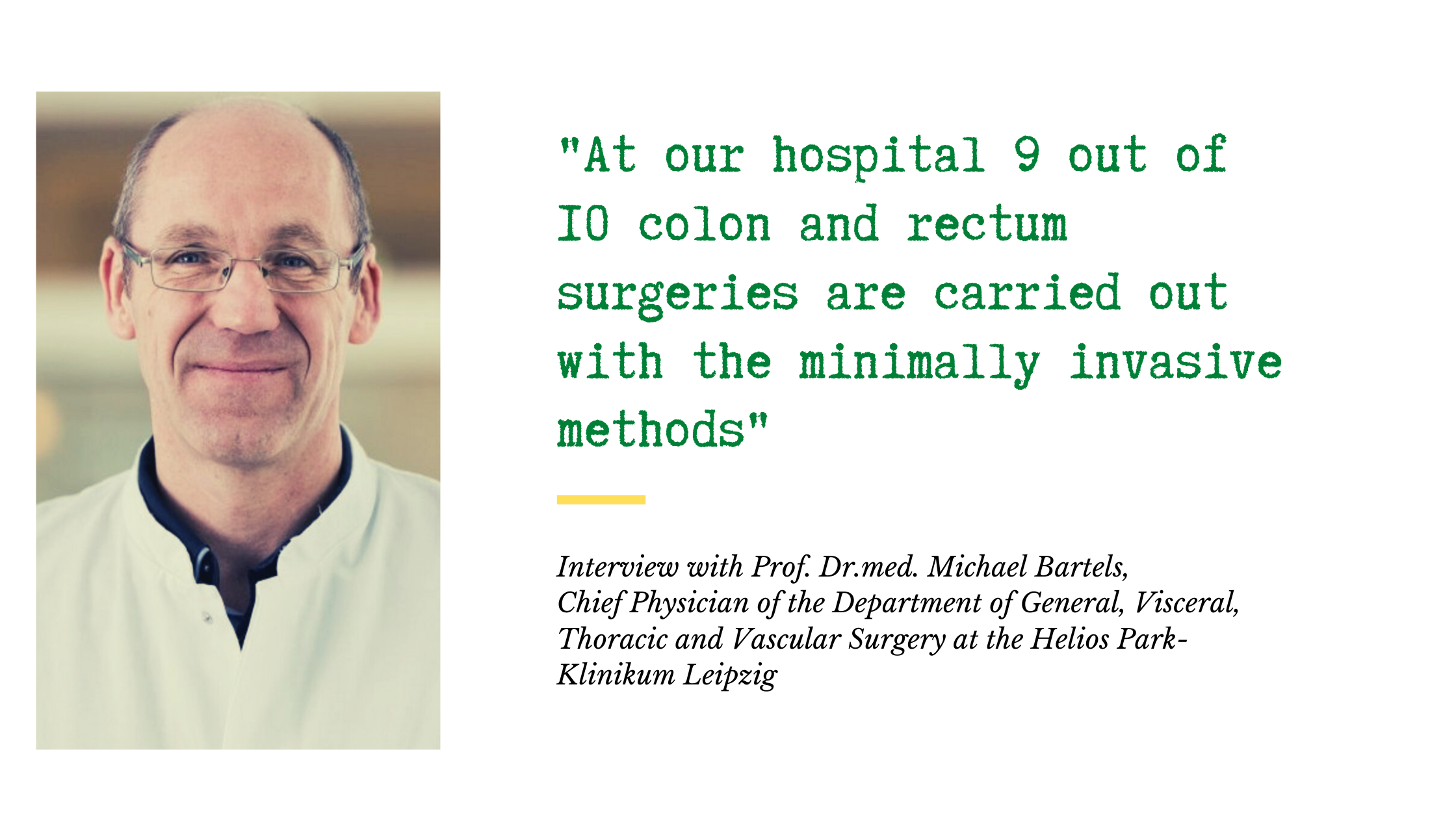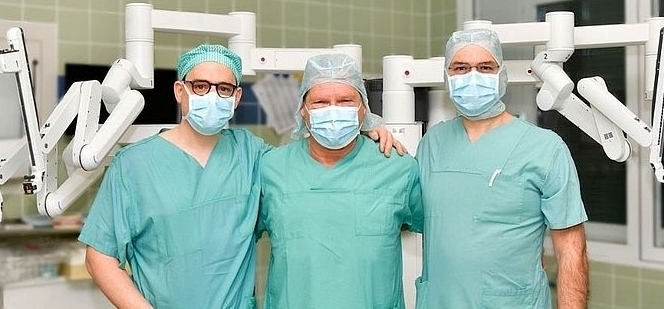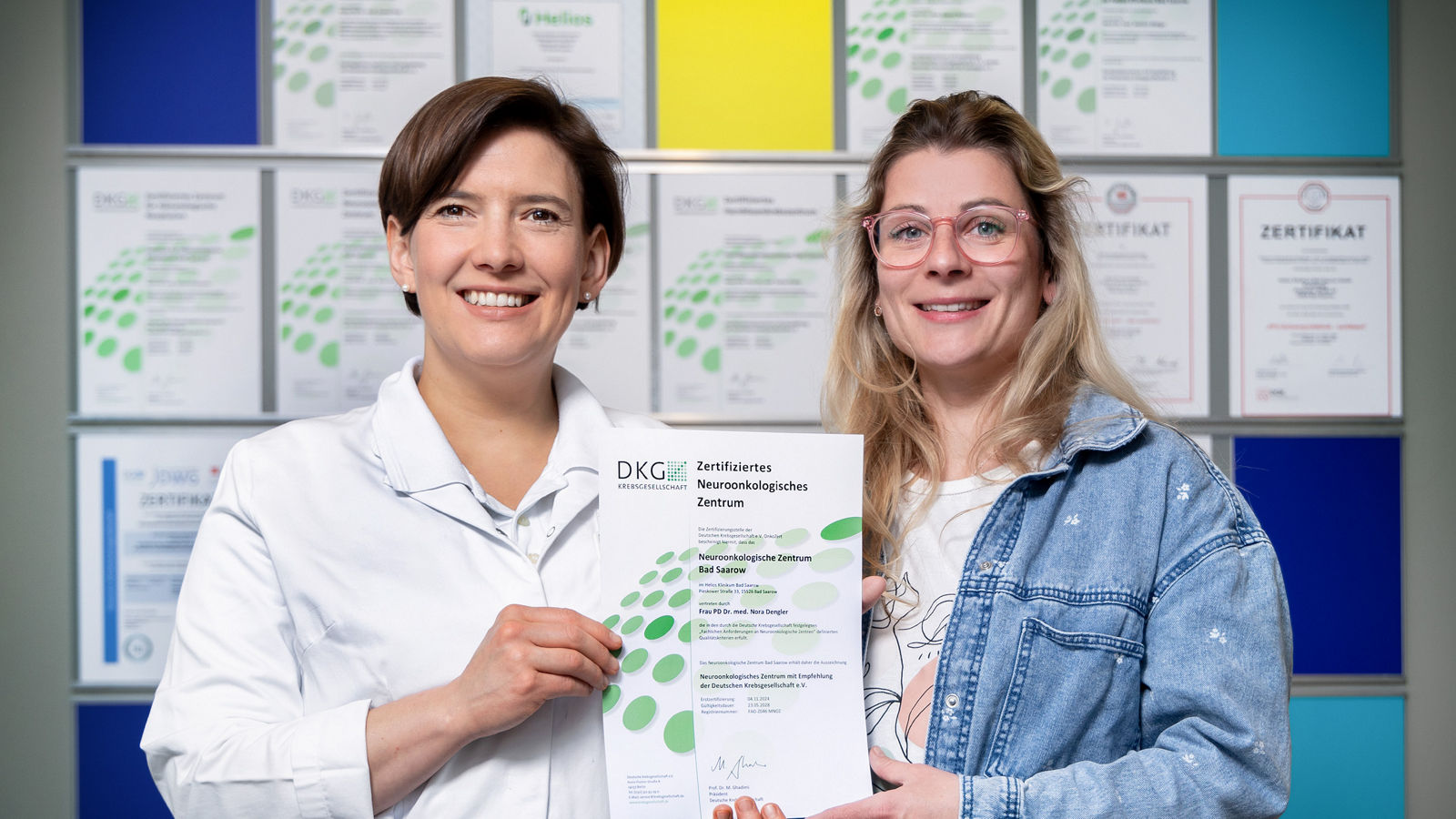
Surgical treatment of thyroid, adrenal and pancreatic glands
Surgical treatment is required for the following diseases:
- Chronic pancreatitis
- Pancreatic tumors
- Adrenal tumors
- All thyroid carcinomas, including medullary thyroid carcinoma
- Benign nodules with normal thyroid function (euthyroid nodular goiter)
- Hyperfunction of the thyroid gland (hyperthyroidism)
- Goitre (struma), relapse goitre (relapse struma)
- Malignant parathyroid gland diseases
- Hyperfunction of the parathyroid gland (hyperparathyroidism)
- Endocrine gland growths (multiple endocrine neoplasia)
Performing surgeries on the organs of the endocrine system
The surgeries of endocrine system organs in the abdominal cavity are almost always laparoscopic, i.e. in a minimally invasive.
During the operation on the thyroid and parathyroid gland we use two related methods simultaneously, if it’s medically justified.
Minimally invasive video-assisted thyroid surgery
This is a sparing method where the camera and surgical instruments are inserted through a small incision in the neck. This creates a direct access to the thyroid gland.
Axillary and bilateral thoracic access
The surgeon provides access to the thyroid gland with surgical instruments that are inserted through the right armpit and the edge of both nipples. This procedure is especially suitable for patients with small nodules in the thyroid gland and leaves no visible scars.
Do you need more information about Helios Hospitals or want to schedule your treatment?














